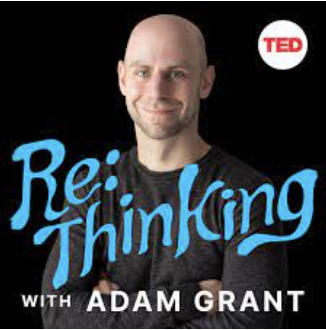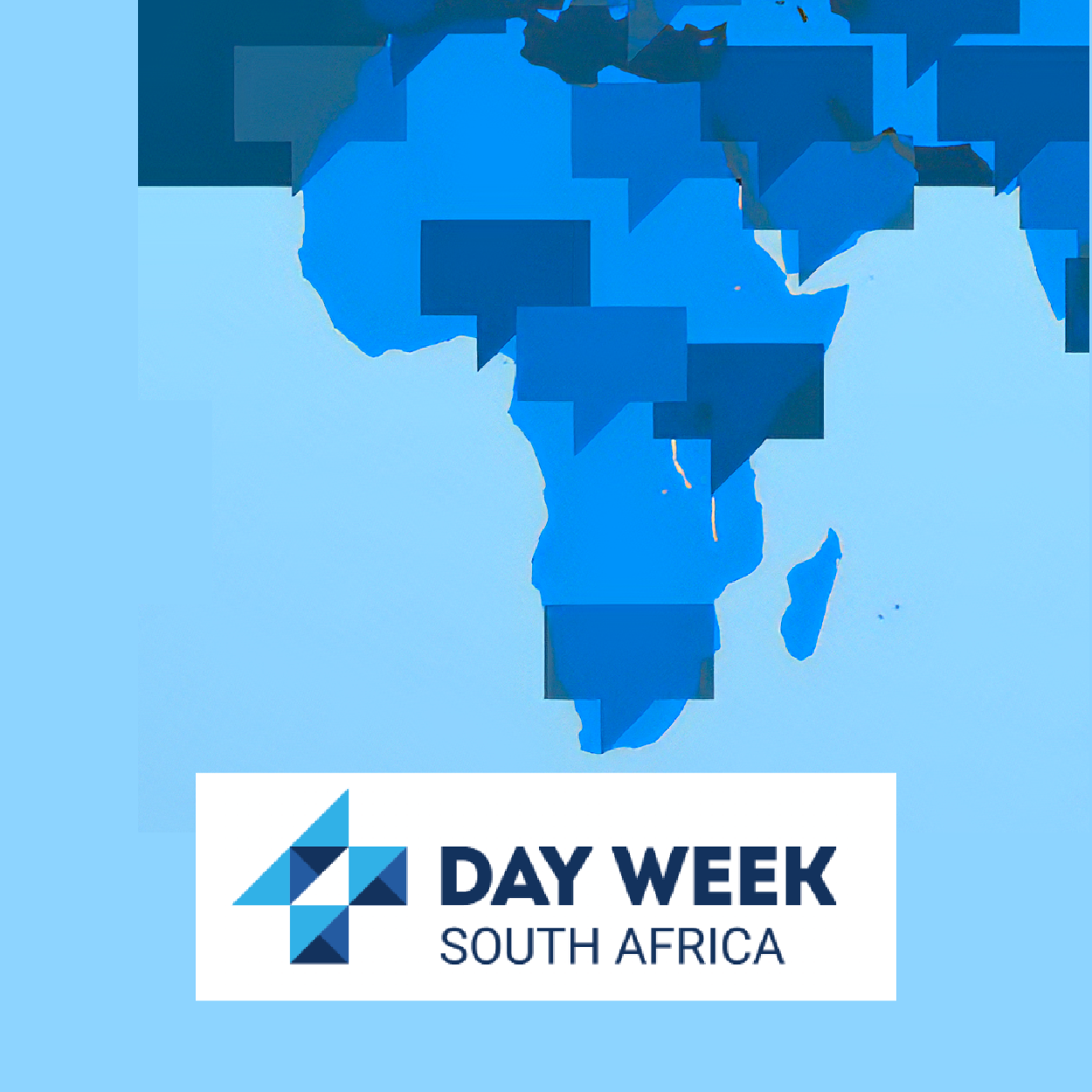THE 4 DAY WORK WEEK - IS LESS REALLY MORE?
The conversation about the 4 day work week has employees enthusiastically nodding their heads but how realistic is it for worker efficiency, and can it really lead to a more sustainable work environment?
We caught up with Anelde Greeff, co-founder of 2Stories and Workshop17 Kloof member, who has recently, along with 30 other companies in South Africa, joined a structured six-month trial with 4 Day Week Global, a not-for-profit community that believes the four-day week is the future of work.
From 1 March until 31 August 2023, the master plan is to cut down working hours to 80% – without a reduction in pay or benefits – but still maintain 100% productivity.
Greeff says, “We aren’t a cookie cutter company and we understand that our employees are multifaceted and have a life and a story to tell, so we’ve always been committed to a modern way of working. The results of the UK study showed increased job satisfaction as well as increased revenue. So taking part in the trial seemed less of a risk and more of an exciting way to evaluate our team and process.”
Taking part in the trial involved a lot of groundwork, including an intense survey that included a variety of metrics such as how much you recycle, actual work, travel time and mental health. From February 2Stories assigned representatives from different disciplines to evaluate how this could be implemented and how to introduce the concept seamlessly to their clients.
Frank conversations were had and all systems were questioned and audited. The result was new technology being used and systems put in place that saved time and promoted productivity.
These included:
No internal meetings longer than 30min
Use of project management software such as ClickUP
And other software that had real time collaboration for conversations such as Slack and Google Suite
Every employee having a buddy system with their colleague in another team to ensure that clients never feel like they aren’t being serviced on a day off
Each employee gets a long weekend, so either taking the Friday or the Monday off
In the few weeks since beginning the trial, the results are in, and the morale and efficiency of all employees has noticeably improved. Greeff believes that one of the key components to making this work is to view your 5th day as a day to be productive but in a way that focuses on yourself and your own story. “We’re a very communicative team, so we share what we are doing with our new free time. Employees are going hiking, getting their hair and nails done, visiting galleries and generally doing self care on that day that fills their cup.”
As a business owner and not an employee it’s more difficult to switch off as entrepreneurs don’t only work 5 days a week. So the solution seems to be more mindful of what you do with your time that day and not simply to say that you’re totally offline.
If you’d like to take part in this global trial, there will be two more rounds taking place in June and September.
After all, the gift of time is always the best thing to give yourself.
For a deeper insight and understanding into the mechanics and impacts of a 4 Day work week tap into our selection of our favourite podcasts.







